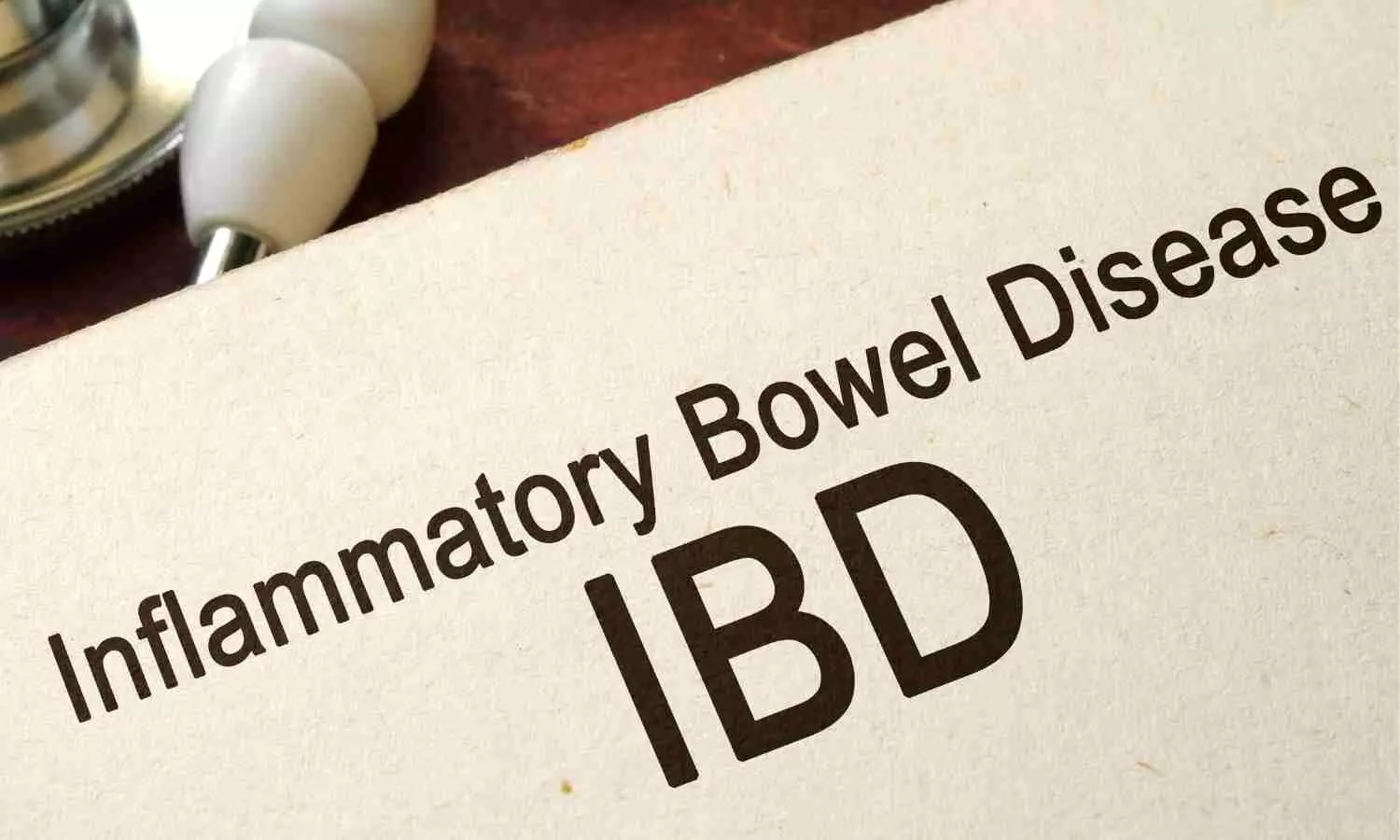Vitamin D Deficiency Increases Bowel Resection Risk in Inflammatory Bowel Disease, suggests research

Inflammatory bowel disease (IBD) is a chronic inflammatory condition of the gastrointestinal tract, affecting millions worldwide. Bowel resection is a common surgical intervention in IBD patients, with significant implications for quality of life. While vitamin D has been studied for its anti-inflammatory and immune-modulating properties, its association with bowel resection risk in IBD remains unclear. A recent study was published in the International Journal Of Surgery by Dan Lintao and colleagues.
This longitudinal cohort study analyzed data from 5474 individuals with IBD in the UK Biobank. Serum 25-hydroxyvitamin D [25(OH)D] levels were measured, and bowel resection events were recorded via national inpatient data. Cox proportional hazard regression and restricted cubic spline analysis were used to assess the association between serum 25(OH)D levels and bowel resection risk.
The key findings of the study were:
-
Over a mean follow-up of 13.1 years, 513 incident bowel resection cases were documented.
-
Participants with non-deficient vitamin D levels had a significantly reduced risk of bowel resection in IBD (HR 0.72, 95% CI 0.59-0.87, P=0.001), Crohn’s disease (CD, HR 0.74, 95% CI 0.56-0.98, P=0.038), and ulcerative colitis (UC, HR 0.73, 95% CI 0.57-0.95, P=0.020) compared to those with vitamin D deficiency.
-
Comparison of extreme quintiles of 25(OH)D level revealed a 34% reduced risk of bowel resection in IBD (95% CI 11%-51%, P=0.007) and a 46% reduced risk in UC (95% CI 19%-64%, P=0.003), with no significant association in CD.
-
Linear dose-response associations were observed, indicating a consistent reduction in bowel resection risk with increasing serum 25(OH)D levels (all P-nonlinearity>0.05).
This study highlights the importance of adequate vitamin D levels in reducing bowel resection risk in IBD patients. While the association was significant in UC, further research is needed to elucidate the relationship in CD. Vitamin D deficiency emerges as a risk factor for bowel resection, suggesting its potential as a predictive metric for surgical events in IBD.
The study concluded that elevated serum levels of 25(OH)D are independently associated with a reduced risk of bowel resection in IBD, particularly in UC. Addressing vitamin D deficiency may offer a preventive strategy against surgical interventions in IBD patients.
Reference:



